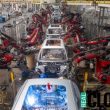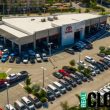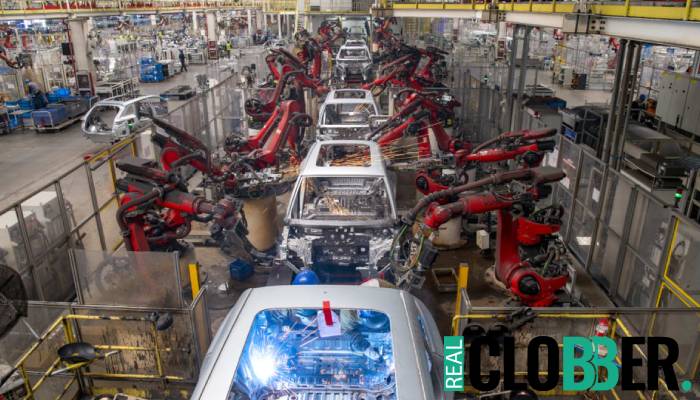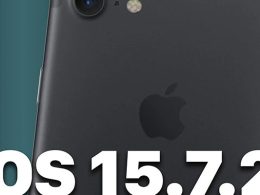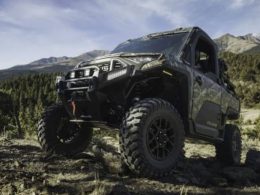Global auto suppliers are reassessing their production strategies as President-elect Donald Trump plans to introduce steep tariffs on imports. Industry leaders, speaking at CES 2024 in Las Vegas, revealed they are exploring ways to relocate manufacturing closer to the United States to avoid financial strain.
Trump has proposed a 10% blanket tariff on global imports and a staggering 60% tariff on Chinese goods. Additionally, he vowed a 25% tariff on imports from Canada and Mexico starting January 20. These tariffs could significantly impact the affordability of parts produced in lower-cost regions like China, making it challenging for suppliers to remain competitive.
Paul Thomas, North American president for Bosch, the world’s largest auto parts supplier, noted that they are already considering shifting production from Malaysia to Mexico or Brazil, markets where they already have a presence. However, major decisions are pending until Trump officially takes office.
Companies like Honda and Panasonic Energy are also weighing their options. Honda’s Executive VP, Noriya Kaihara, mentioned they might relocate production from Mexico to Japan or elsewhere, while Panasonic is expediting efforts to remove Chinese materials from their U.S.-made EV batteries.
This wave of protectionism has auto suppliers bracing for potential cost surges and reevaluating their supply chains in preparation for policy shifts under the incoming administration.


